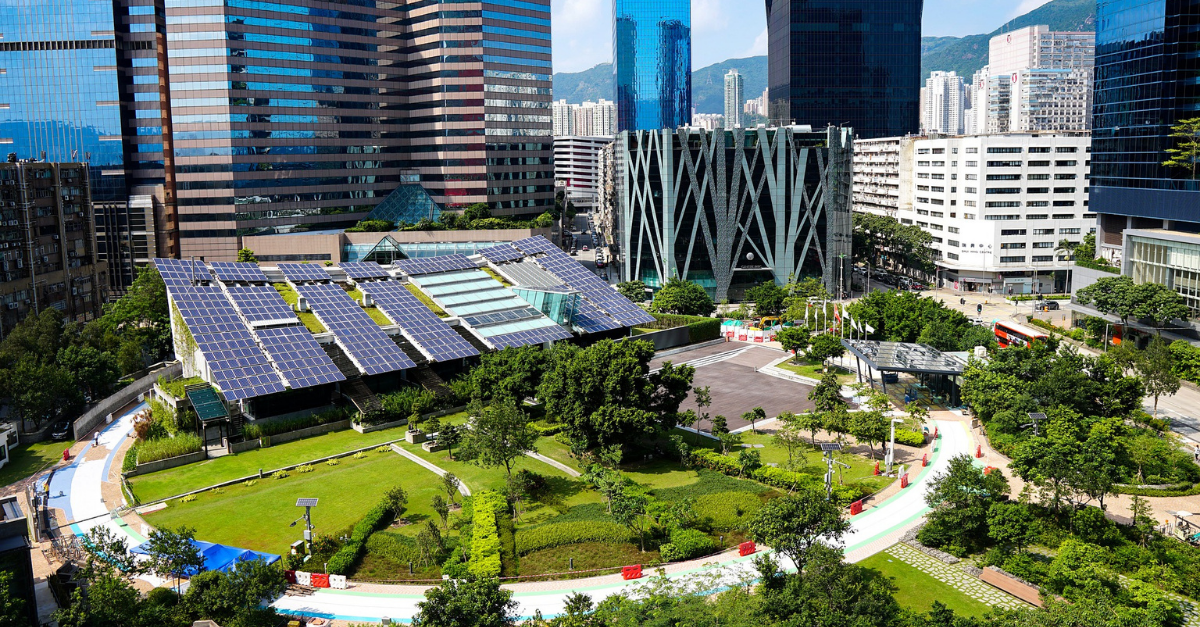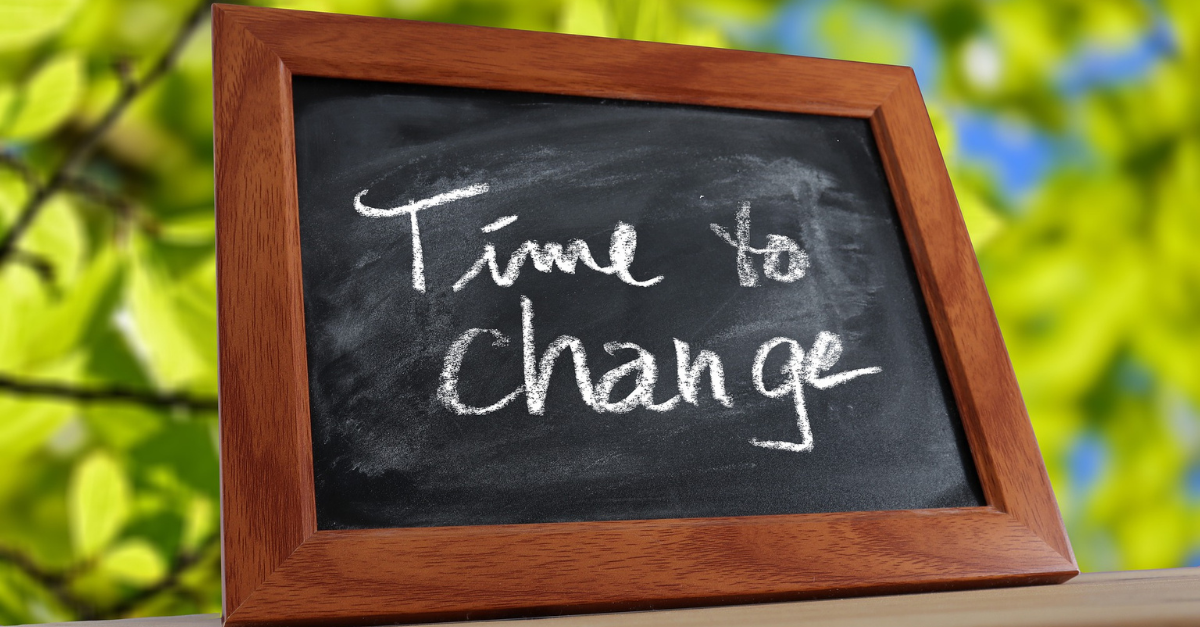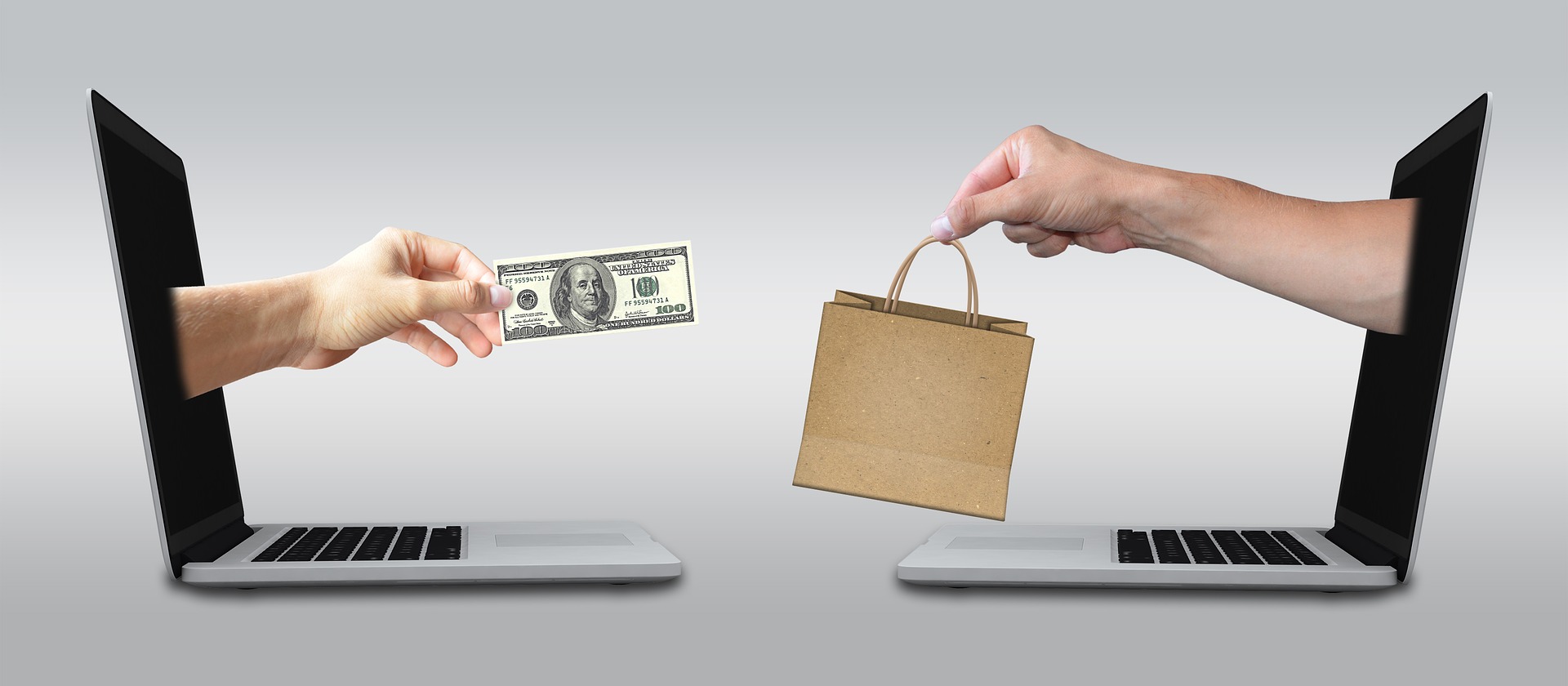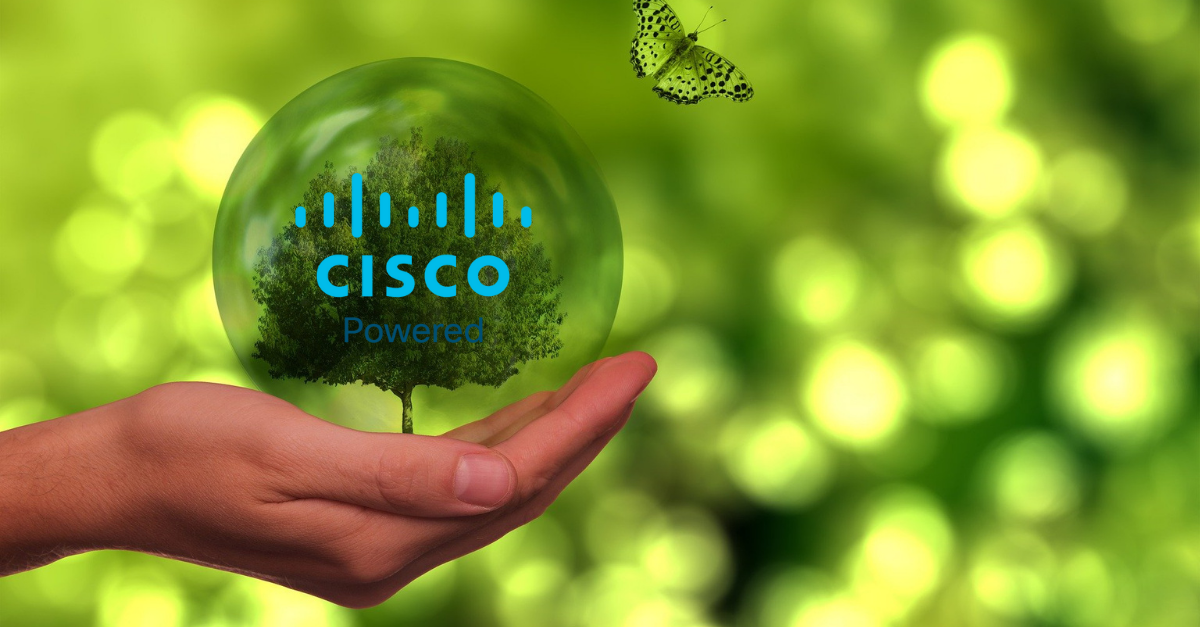We use cookies to make your experience better. To comply with the new e-Privacy directive, we need to ask for your consent to set the cookies. Learn more.
Defining The Route to a Sustainable Future

A report published by the Intergovernmental Panel on Climate Change (IPCC) calls for an urgent reduction of fossil fuel emissions to ensure the future of the planet, encouraging businesses of all sizes to re-evaluate their stance on sustainability across every sector.
Taking the steps toward a sustainable business model can appear daunting at first, but environmentally conscious businesses across the world are beginning to unite to create feasible and lasting change – these companies are known as ‘B-Corps’.
Tackling the Short-Term Mindset
Originating in the US in 2008, the B-Corp movement wanted to distance companies and consumerism from the short-term models previously seen throughout the business sector. This short-term mindset was proving detrimental, focusing on short term profit with no thought for the impact on the environment and longevity of the planet. B-Corps are encouraged to consider the long-term effects of their short-term plans and consider more than just profit margins when making decisions that will ultimately impact the social, environmental, and economic standpoint of the planet.
Carbon Neutrality
The term ‘carbon neutral’ refers to a company’s ability to counter any carbon emissions they create by removing an equal amount from the atmosphere. Many businesses are working to become carbon neutral but depending on business size this can be a lengthy process that may appear daunting for those only just beginning their journey to sustainability.
Organisations such as the Carbon Trust offer a comprehensive guide to addressing carbon emissions within your business, giving you the tools to create a better future and further strengthening your businesses sustainable reputation.
Quick Fixes
Although sustainable business models aim to move away from the short-term, small but immediate changes are something that should be encouraged for those beginning their journey. Simple things like eco-friendly bulbs, using less plastic, and cutting down on paper waste can be a great place to start opening a discussion around sustainability throughout your business.
Rethink Recycling
Recycling is often the go-to method to immediately increase business sustainability, but did you know that there are other ways to implement this same ethos with even more direct results? Remanufacturing offers all the benefits of recycling, whilst also offering you a wide range of remanufactured products to avoid the over mining of dwindling natural resources needed to create new items. Remanufacturing schemes such as Cisco Refresh offer the collection of old equipment to avoid dangerous e-waste ending up in landfills and promises quality remanufactured goods at a significant discount to improve your businesses sustainability rating on both ends of the product lifecycle.
Working Together for Our Collective Future
Ensuring the longevity of both business and planet is a collaborative effort, and making even the smallest changes can have a huge impact. Having open conversations surrounding sustainability is vital when it comes to saving the environment, and businesses must work together to achieve a carbon-neutral future.
Certified B-Corps offer a level of comradery that aims to unite businesses globally in the plight for a more sustainable future, encouraging their peers to attain the same certification and offering resources and advice on how to create greener operations throughout. Richard Tang of Zen Internet, a certified B-Corp, said that they ‘’will support partner organisations in becoming more sustainable, more environmentally conscious, and also potentially certified.’’
Saving the environment takes small changes from a lot of people, and there’s always more that can be done. Putting sustainability at the forefront of your business model is the first step towards carbon neutrality, and solidifies your reputation as a green business.









